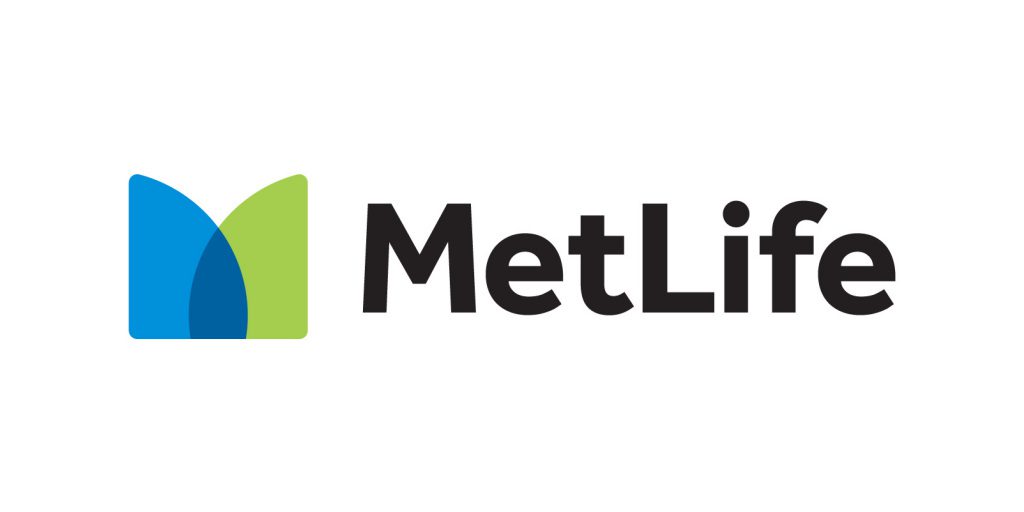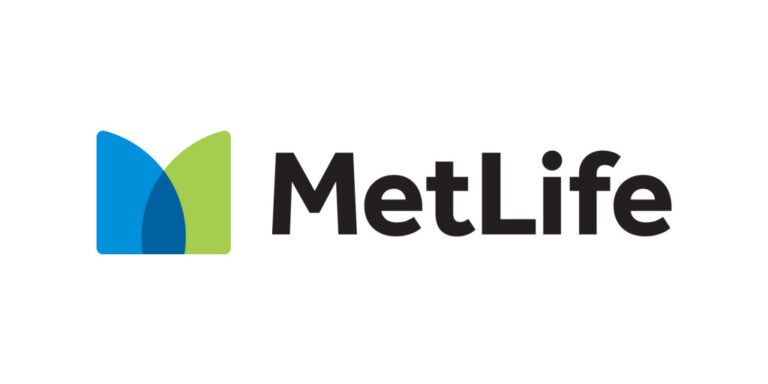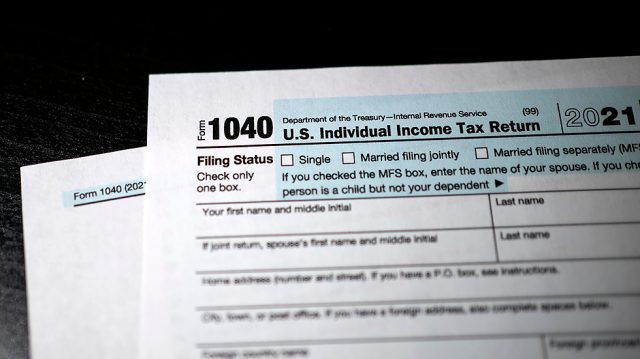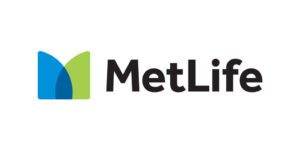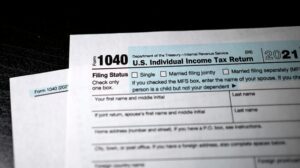Today is Monday. Welcome to Equilibrium, a newsletter that tracks the growing global battle over the future of sustainability. Subscribe here.
People in search of treatments for certain ailments are putting increasing pressure on populations of the Sonoran desert toad — a Southwestern species whose venom is harvested for its psychedelic properties, The New York Times reported.
“I saw why they call this the ‘God molecule’ after I got a full central nervous system reset,” said former Navy Seal Marcus Capone, who found relief from his intense depression and anxiety through the active ingredient in the venom, 5-Meo-DMT.
That pushed Capone — who now runs a toad venom treatment center — into an ethical quandary: whether to turn to the toad itself for relief, or the array of easy-to-manufacture synthetic alternatives.
While synthetics are effective in reducing stress, according to a study from the National Institutes of Health, many devotees refuse to use them — adding to the pressures on the wild toads.
“There’s a perception of abundance, but when you begin to remove large numbers of a species, their numbers are going to collapse like a house of cards at some point,” Robert Villa of the Tucson Herpetological Society told the Times.
Today we’ll look at a new set of climate disclosure rules for publicly traded firms. Then we’ll turn to a report from the United Nations revealing that 500 million people on the African continent remain water insecure.
For Equilibrium, we are Saul Elbein and Sharon Udasin. Please send tips or comments to Saul at selbein@thehill.com or Sharon at sudasin@thehill.com.
Let’s get to it.
SEC releases long-awaited climate disclosure rules
The Securities and Exchange Commission (SEC) on Monday released a new set of climate disclosure rules that would require public companies to disclose both the risks they incur from warming and their own contributions to climate change.
What they’re saying: “With climate change, we have ample, well-documented warning of potentially vast and complex impacts on financial markets,” SEC commissioner Allison Herren Lee (D) told reporters.
What’s in the rules? Publicly-traded companies will have to disclose climate-related risks they foresee and how those impact long-term forecasts and business plans.
If a company has made climate-related claims — like “net zero by 2040” — it has to specify how it plans to meet that targetIt must also detail “the scope of activities and emissions included in the target, the defined time horizon by which the target is intended to be achieved, and any interim targets” (SEC fact sheet)
In a move to counter the practice of overblown sustainability claims, known as “greenwashing,” companies that make these ambitious claims would have to back them up with concrete evidence.
What emissions are counted? After months of speculation over how far up or down the supply chain companies would have to go in calculating greenhouse emissions, the SEC determined that companies would have to reveal:
Their own direct emissionsIndirect or “purchased” emissions — e.g., those that come from buying power from a fossil fuel plan
The Environmental Protection Agency (EPA) calls these Scope 1 and Scope 2 emissions, respectively. Firms will have to also disclose Scope 3 emissions — those from the entire supply chain — if deemed “material,” which is likely to be an area of fierce contention.
The classic example of Scope 3 emissions is the emissions generated when an oil company’s customers use its product. For example, when Exxon set a “net-zero” by 2050 goal in January, it didn’t count these emissions.
A LOOMING BATTLE
The SEC’s proposed rules — which require a 60-day comment period — are expected to draw a fierce, partisan clash.
Conservatives and progressives disagree over the extent to which publicly traded firms should have to disclose climate-based risks, including how their own actions might contribute to broader climate change through emissions.
The expected clash follows a similar battle over climate hawk Sarah Bloom Raskin’s nomination for the Federal Reserve’s top regulatory post, which was pulled last week.
The lone no vote: Hester Peirce, the SEC’s sole Republican commissioner, said it was “certainly understandable” to attempt to “bring clarity in an area where there has been a lot of confusion and greenwashing.”
However, in explaining why she was voting against the rules Monday, Peirce stated, “the reason mistakenly assumes that quantification can generate clarity, even when the required data are in large part highly unreliable.”
Peirce warned that the rules would be the “cornerstone” of a new ecosystem of climate accounting firms that would neither generate greater profits for companies nor help reduce carbon emissions.
What’s next? For the next 60 days, members of the public, cities, corporations and foreign countries will get to submit comments on the SEC rules, at which point the agency will pass a final rule.
500M people in Africa remain ‘water insecure’: UN
Some 500 million people across 19 African nations remain water insecure, according to the first-ever United Nations assessment of water security across the world’s second-largest continent.
The assessment, released Monday, scored countries on a scale from 0 to 100. Apart from Egypt, all countries in Africa were given water security scores below 70 while only 13 of the 54 nations reached even a modest level of security in recent years.
Nineteen African nations had water security levels below the U.N.’s threshold of 45, with Somalia, Chad and Niger faring the worst, according to the reportTwenty-nine African nations have made some progress on water security over the past three to five years, while 25 have made no progress, the authors found
“Not a single country let alone a subregion have at present achieved a state that can be seen as ‘model’ or even ‘effective’ stage of water security,” lead author Grace Oluwasanya said in a statement.
While the authors acknowledged that the assessment is limited due to the “very poor” data availability on issues like drinking water and sanitation, they said it provides some “preliminary but obvious conclusions.”
What is water security? The U.N. defines water security as a population’s capacity to ensure access to enough water deemed suitable “for sustaining livelihoods, human well-being, and socio-economic development.”
Water security also means communities should have “protection against water-borne pollution and water-related disasters,” as well as the capacity to preserve ecosystems amid “a climate of peace and political stability.”
Are any countries faring well? The countries identified as doing the best thus far were Egypt, Botswana, Gabon, Mauritius and Tunisia — but even these nations only achieved modest absolute levels of water security, the authors warned.
QUANTIFYING WATER SECURITY
To draw their conclusions on water security in Africa, the authors of the U.N. study relied on 10 indicators, including access to drinking water, sanitation and hygiene.
Access to drinking water: Egypt ranked best with a score of 99 out of 100 while the Central African Republican drew a score of 37.Seychelles scored the best on access to sanitation, at 100 percent, while Chad and Ethiopia were most challenged, with under 20 percent access each.Access to hygiene was greatest in the North African region, while Chad and the Central African Republic had the most diarrhea-related deaths.
The study found per-capita water availability was greatest in Central Africa, while half of North African countries were deemed “absolutely water scarce.”
Researchers also raised issues with water infrastructure and treatment, governance over water resources and dependency on neighbors for water.
Average water storage capacity rose by only 3 percent across the continent over the past five years.
More data needed: Oluwasanya, the lead author, stressed that “data availability — or the lack of it — in itself may be an excellent indicator of water security.”
“Action needs to be taken immediately by national governments with support from international agents to radically improve data collection efforts for Africa,” she said.
To read the full story, please click here.
Monday Miscellanies
Chernobyl crew gets a break; remote housing appraisals can negate racial bias; and a strike shuts down a key North American railroad.
Chernobyl staff rotated out for first time since capture: U.N. nuclear watchdog
Half of the workers who were operating Chernobyl’s radioactive waste sites since Russia seized the facilities last month have been relieved by other Ukrainian staff, Reuters reported, citing the U.N.’s nuclear watchdog, the International Atomic Energy Agency.
Remote appraisals are one path to housing justice
Remote appraisals of homes — which the coronavirus pandemic has helped make commonplace — could help address “pervasive racism” that often sees Black and Hispanic homeowners see their houses undervalued by hundreds of thousands of dollars compared to white homeowners, The New York Times reported.
Canadian Pacific Railway closes railroad amid worker strike
Canadian Pacific Railway halted operations and locked out workers amid a union strike that began Sunday, Reuters reported. The shutdown could harm U.S. agriculture, as the rail transports 11 million tons of products from North Dakota to Canada annually and 2 million tons in the opposite direction, according to Fargo, N.D. station KVRR.
Please visit The Hill’s sustainability section online for the web version of this newsletter and more stories. We’ll see you on Tuesday.




